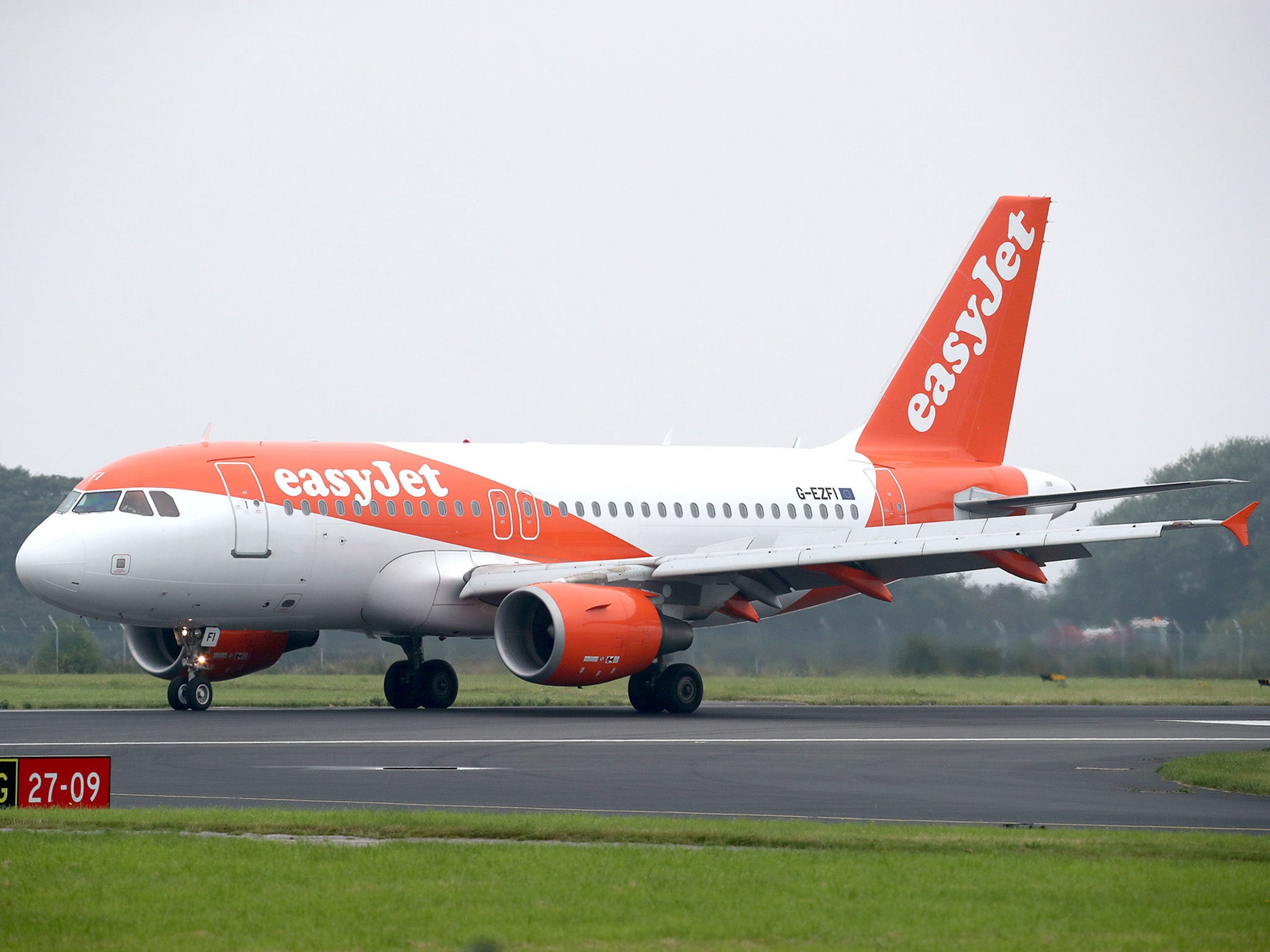EasyJet profits slump due to impact of terror attacks and Brexit
Airline suffers from impact of fall in sterling after Brexit referendum

Britain’s biggest budget airline, easyJet, has reported a sharp fall in profits after a tumultuous year for the aviation industry. The 28 per cent fall was the first drop in profits since 2009.
Most of the fall was due to “unprecedented external events” in the language of the financiers; the closure of Sharm el Sheikh airport to UK airlines following the apparent bombing of a Russian holiday jet; the attack in Paris just over a year ago; the terrorist attacks in Brussels in March; a sequence of terror atrocities in Turkey; and the massacre on the Promenade des Anglais in Nice in July.
There was also a significant impact from the fall in sterling after the EU referendum. Like other British airlines, much of easyJet’s cost base is denominated in US dollars and euros, while a large slice of its earnings are in pounds.
Despite a steep drop in profits and a small fall in revenue, easyJet has the sort of problems that many other airlines would love to have. It carried 73 million passengers, and made profits of almost half a billion pounds on revenue of close to £5bn.
In more manageable numbers, the average fare paid by each passenger was £58.50, down £3.50 from the previous year, but the airline still made almost £7 profit for each passenger.
On the average easyJet flight just 15 seats out of 180 flew empty — far better than most scheduled airlines, which typically would have 36 seats empty.
The chief executive, Dame Carolyn McCall, said: “In a tougher operating environment strong airlines like easyJet will get stronger.”
In the short term at least, passengers can expect low fares throughout the winter apart from over Christmas, the New Year and February half-term.
Next year, almost half of easyJet’s growth will be in the UK, particularly in Manchester and the London airports — which contrasts with Ryanair’s plan to shift planes to Continental Europe because it expects lower demand from Britain.
In addition, easyJet will be setting up a separate operation to ensure it can continue to fly without restrictions within Europe after Brexit. The airline flies millions of people between and within Continental Europe under the current open-skies rules.
The new business will be headquartered in one of the 27 remaining EU nations, with Amsterdam a possible location. Dublin is unlikely, because easyJet no longer flies there and its giant rival, Ryanair, is based in the Irish capital.
Join our commenting forum
Join thought-provoking conversations, follow other Independent readers and see their replies
Comments
Bookmark popover
Removed from bookmarks